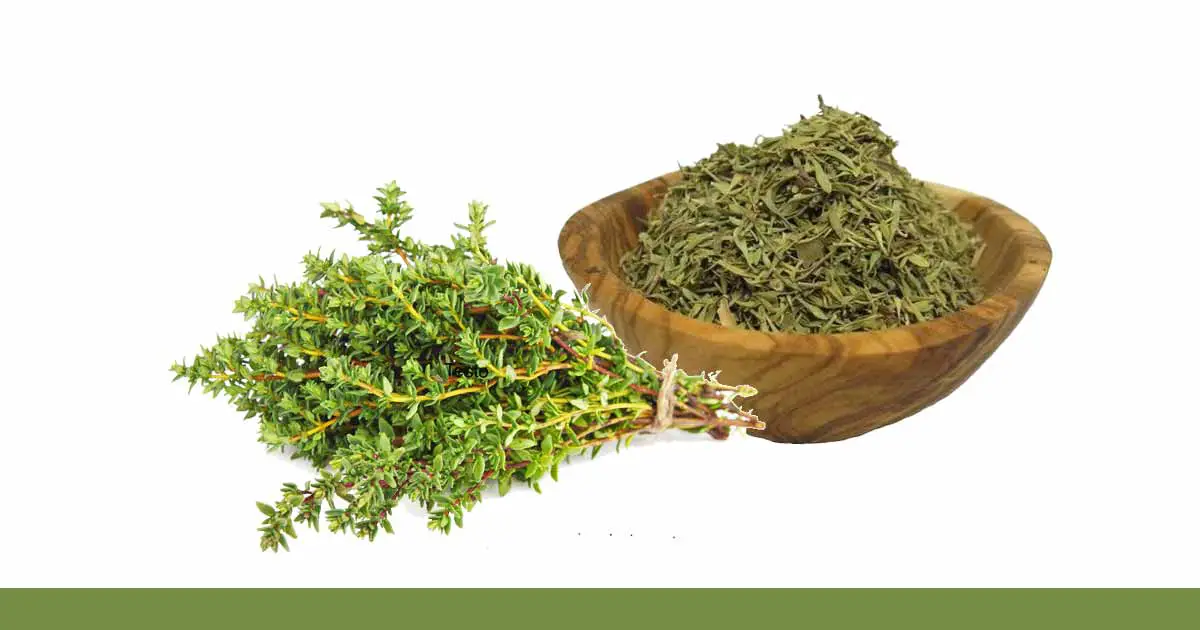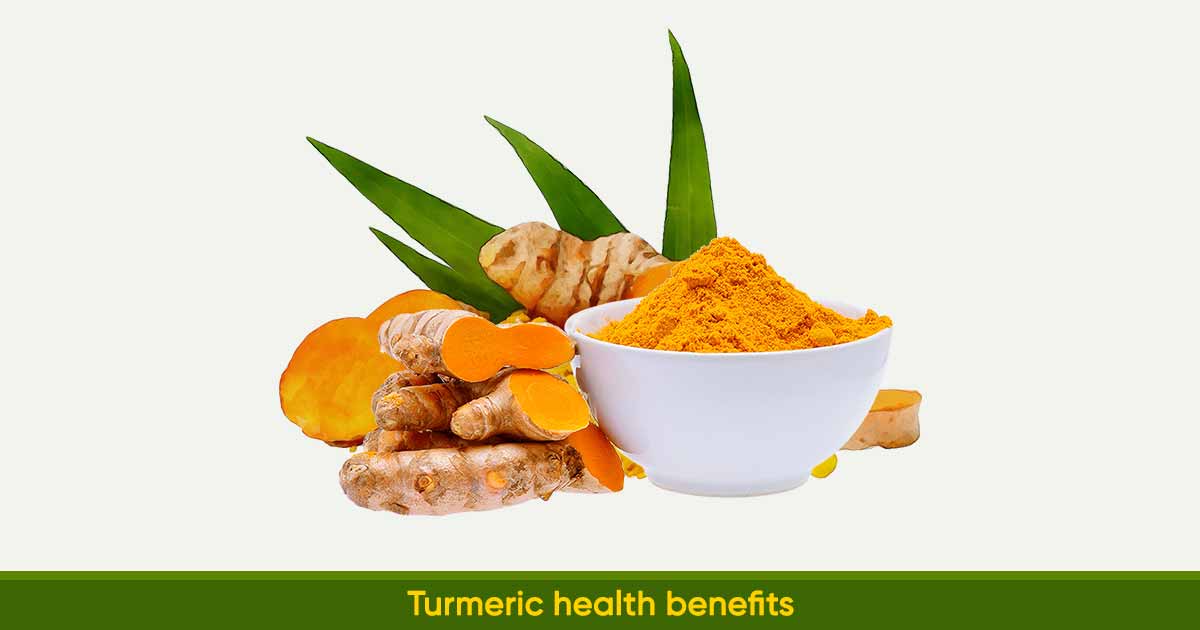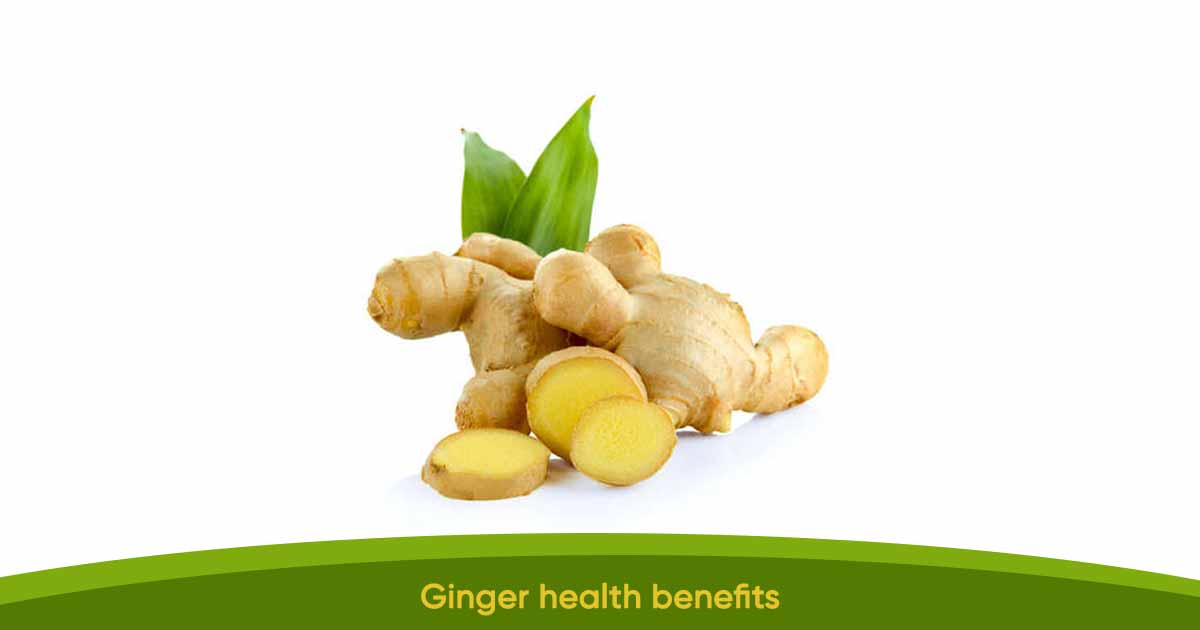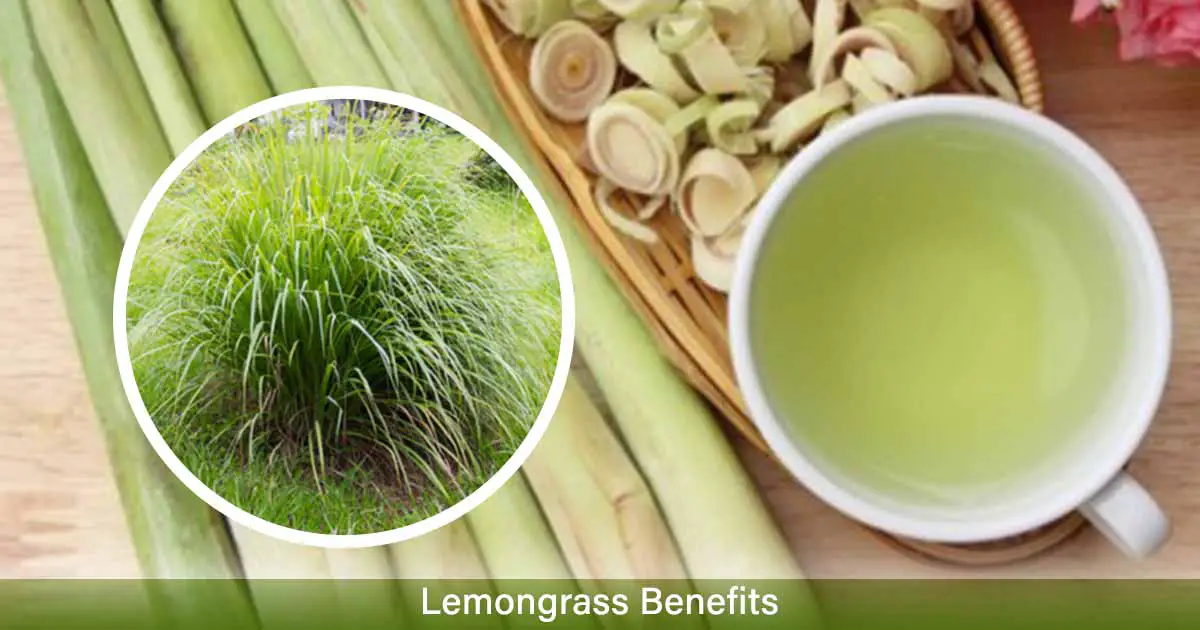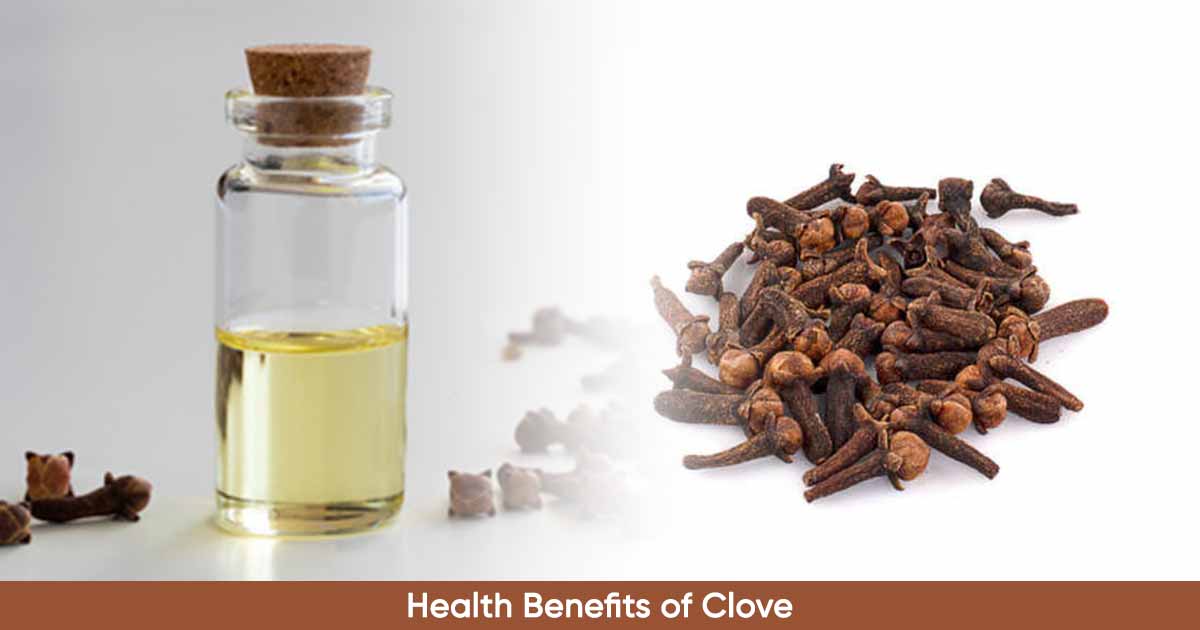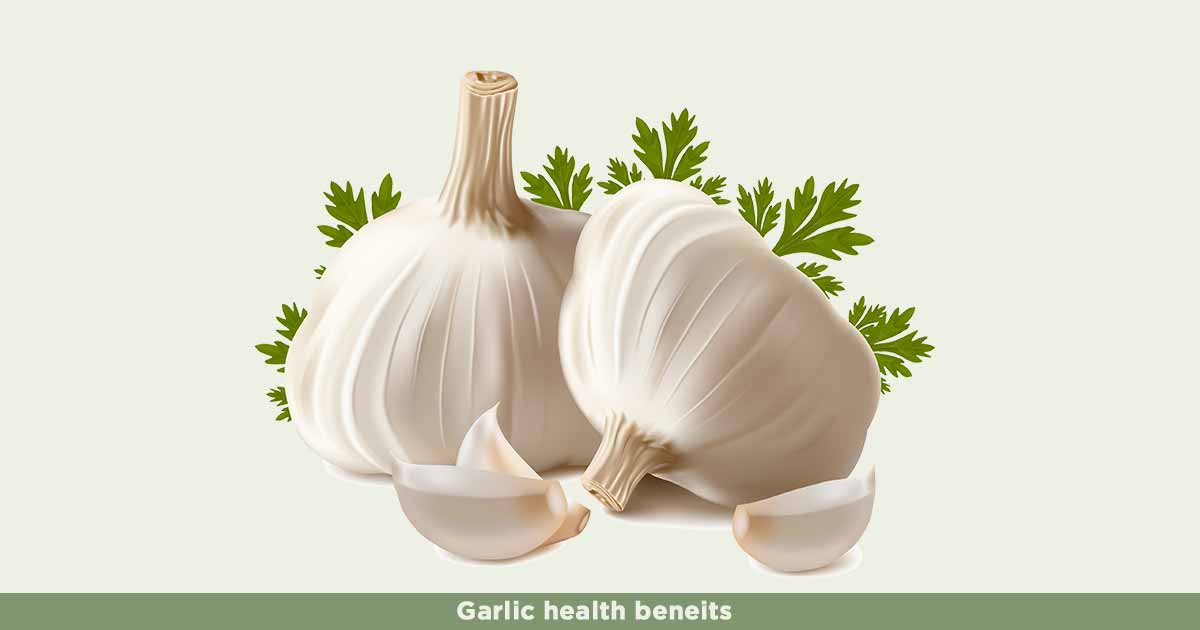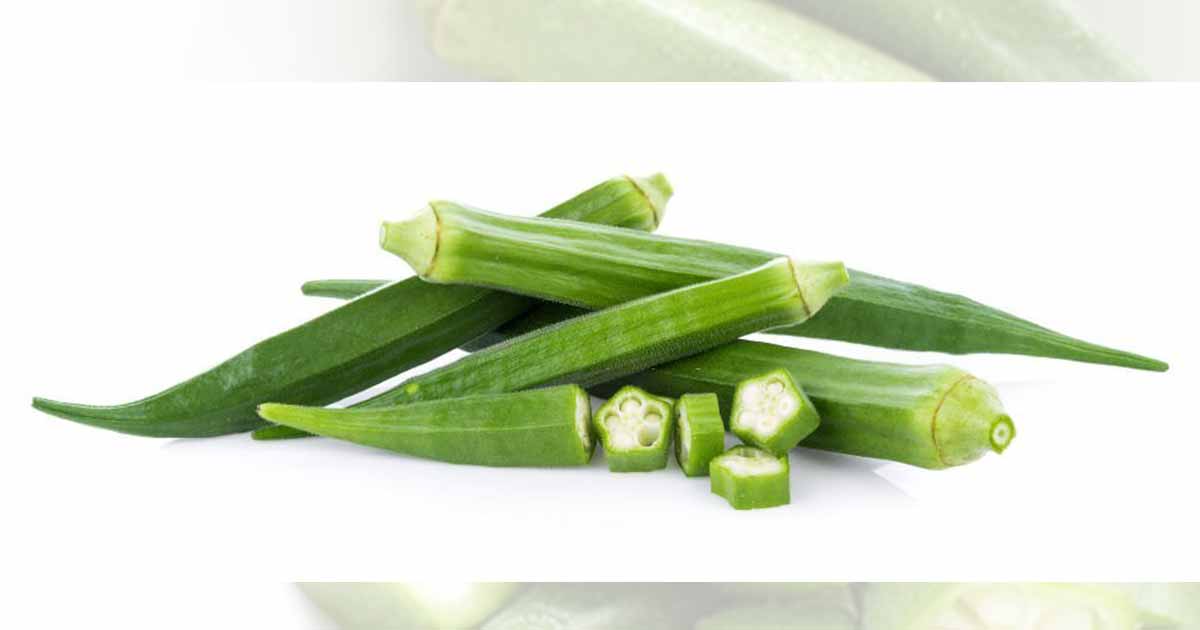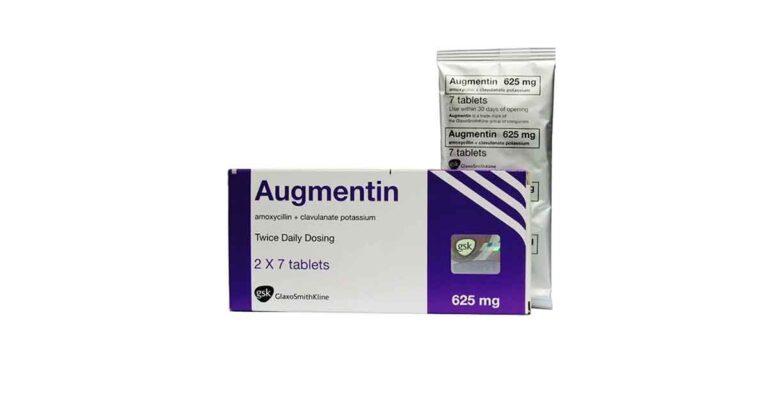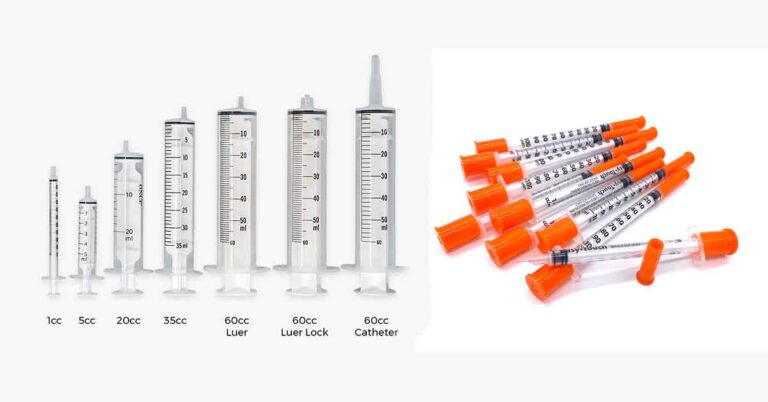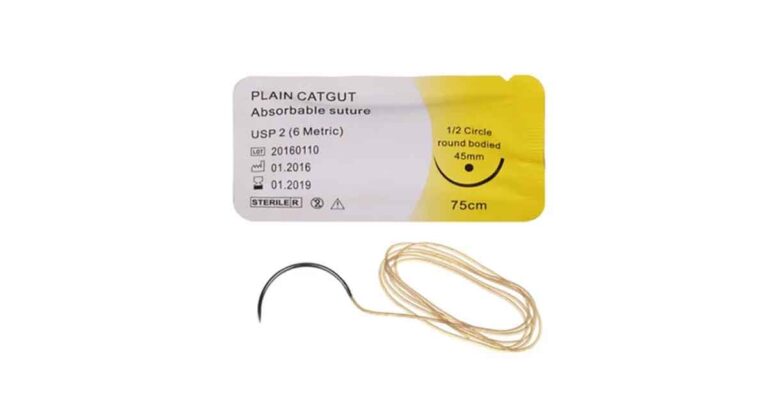Thyme, also called (Thymus vulgaris L.) is an evergreen plant herb from the family, Labiatae (Lamiaceae). The name thyme is from a Latin word, Thymún or Greek, Thymon meaning “perfume”. The pleasant aroma is from the essential oil. Thyme has over 500 species, but prominent among them are Thymus zygis, Thymus vulgaris, Thymus hyemalis, Thymus mastichina, Thymus rumidicus hispánicos, Thymus citríodotus, etc.
Thymus vulgaris is a perennial aromatic polymorphic plant. It can grow as high as 10–40 cm. It has numerous erect woody branches, that may be brownish or velvet white. The leaves are linear and oblong, with the margins having hairlike appearance and also whitish on its underside. Leaves can be pale green to deeper green and olive, bronze or silver. Thymus vulgaris has axillary flowers that are grouped at the tip of the branches. The fruit is brownish and blooms from the month of March.
The plant grows well in limy, and clayey soils, and under warm temperate climate. It resists frost and drought, but may be vulnerable to waterlogging or excess humidity.
Though native to the Mediterranean countries in Europe, the herb now grows in southern Spain (Andalucia, Albacete, and Murcia) and northern Africa.
Other names of thyme are common thyme, garden thyme, English thyme, German thyme, summer thyme, winter thyme, French thyme.
Thyme can be used as a condiment for seasoning and flavoring meat, seafood, and vegetable dishes, or as beverage with tea. It is also a natural herb, with the leaves largely used. Thymus vulgaris has antioxidant, antibacterial, vermicidal, anti-inflammatory effects among other health benefits. This has been utilized in folk medicines to treat respiratory diseases, microbial infections, spasms, respiratory disorders.
Thyme herb can be prepared as an infusion for oral use, or as a decoction for uses such as compress, lotions, douches, baths, mouthwashes, gargles, nasal, or ear instillation.
Nutritional Content in Thyme
Thymus vulgaris has a pungent taste. It contains moisture, protein, fat, crude fiber, minerals, and vitamins.
Thyme contains quantities of minerals such as calcium, iron, manganese, zinc, sodium, potassium, selenium, and magnesium. The vitamins present are B-complex vitamins, and vitamin A, vitamin B, vitamin E, vitamin-K, vitamin-C, vitamin B-6, beta-carotene, and folic acid.
The thyme herb can be considered as a functional food as it has added health benefits in addition to the nutritional content.
Nutritional Composition in 100g of Thyme
| Nutrient | Quantity |
| Water | 65.1 g |
| Energy | 101 kcal |
| Protein | 5.56 g |
| Fat | 1.68 g |
| Ash | 3.2 g |
| Carbohydrates | 24.4 g |
| Fiber | 14 g |
| Vitamins | |
| Niacin | 1.82 mg |
| Vitamin C | 160 mg |
| Vitamin A, RAE | 238 µg |
| Riboflavin | 0.471 mg |
| Thiamine | 0.048 mg |
| Pantothenic acid | 0.409 mg |
| Vitamin B-6 | 0.348 mg |
| Folate | 45 µg |
| Carotene-ß | 2850 µg |
| Minerals | |
| Calcium | 405 mg |
| Magnesium | 160 mg |
| Manganese | 1.72 mg |
| Iron | 17.4 mg |
| Copper | 0.555 mg |
| Zinc | 1.81 mg |
| Sodium | 9 mg |
| Potassium | 609 mg |
| Phosphorus | 106 mg |
Bioactive Compounds in Thyme
There are as many as 60 active compounds in thyme, with most of them, essential oils. Different species contain different levels of essential oils. Thymol is the most important essential oil in Thymus vulgaris. Thymol has antifungal and antiseptic properties. Other volatile oils present are carvacrol, p-cymene, linalool, geraneol, α-pinene, caryophyllene, myrecene, camphor, 1,8-cineole, γ-terpinene and borneol.
The essential oils of thyme are mostly a mix of monoterpenes, most especially 10% carvacrol and 50% thymol approximately. Conditions such as low temperature, low oxygen levels and low pH improves the quality of the essential oils.
There are flavonoids phenolic compounds such as apigenin, naringenin, luteolin, lutein, thymonin, quercetin, and zeaxanthin. These compounds are powerful antioxidants.
The phenolic acids present are caffeic, cinnamic, caffeoylquinic, carnosic, ferulic, quinic acids, rosmarinic, and p-coumaric acids.
Other phytochemicals such as saponins, steroids, alkaloids, and tannins are extracted from the plant.
Health Benefits of Thyme
Reduces stress: The plant contains pyridoxine, or vitamin B6. Pyridoxine boosts gamma-aminobutyric acid (GABA), a neurotransmitter that is beneficial to brain function and helps to relieve stress.
Antioxidant property: Phenolic compounds such as thymol, carvacrol, ρ-cimeno monoterpene hydrocarbons, and γ-terpinen in Thymus vulgaris are powerful antioxidants. Thymol boost antioxidant enzymes such as glutathione peroxidase, superoxide dismutase, glutathione-S-transferase and catalase.
The non-volatile constituents such as vitamin C, beta-carotene, vitamin A are also natural antioxidants. Antioxidants help to free the human body of radicals that cause oxidative damages to tissues. This may lead to diseases such as cancer, cardiovascular diseases, neurodegenerative diseases.
Anti-diabetic effect: The aqueous extract of Thymus vulgaris reduces the sugar levels in alloxan induced hyperglycemic rabbit without causing changes in body weight. It may boost insulin and leptin function, elimination of glucose from circulation, decrease the absorption of glucose from the gastrointestinal tract or stimulate the peripheral tissues for glycolysis process.
Flavonoids and phenolic compounds such as carvacrole and thymol have antioxidant property as well as anti-diabetic effect.
Anti-inflammatory effect: The herb inhibits human neutrophil elastase release, production of interleukin (IL)-6 and tumor necrosis factor-alpha, and expression of cytochrome C oxidase-2 in mouse cells.
Anticancer action: Constituent such as luteolin may inhibit cancer forms such as breast, pancreas, epidermoid cancer, hepatocellular carcinoma, human ovarian adenocarcinoma, leukemia by causing programmed cell death or apoptosis.
Carvacrol and thymol are cytotoxic. They accumulate in the cell membrane and cause leakage of metabolites and enzymes.
Lipid lowering effect: Carvacol and thymol may reduce plasma cholesterol levels, and increase the action of microsomal geranyl pyrophosphate pyrophosphatase. Thymoquinone, a derivative of thymol has lipidemic effect.
Also, the volatile oil of Thymus vulgaris inhibits lipid peroxidation, LDL levels, triglycerides, cholesterol levels, and fat decomposition.
Antibacterial activity: Essential oils such as thymol, carvacrol, terpene hydrocarbons (γ-terpinene), and p-cymene are natural preservative and antimicrobial agents. The essential oils have active against both gram-positive and gram-negative bacteria, with higher activity against the gram-positive strains.
The activity is against foodborne microbes such as Salmonella, Staphylococcus, E. coli, Klebsiella pneumonia, Pseudomonas sp., Enterococcus, and ruminal microorganisms, such as Streptococcus bovis or Selenomonas ruminantiumand others bacteria like Bacillus cereus, S. typhimurium, and L. monocytogenes.
Antifungal effect: The volatile oil has constituents that interfere with ergosterol, and target the fungal cell wall and membrane. It has antifungal activity against Candida albicans, A. niger, Aspergillus parasiticus, Penicillium italicum, Penicillium digitatum and Botrytis cinerea.
High blood pressure lowering: Thyme contains a high level of potassium, a mineral that helps to lower high blood pressure, heart disease and stroke. The volatile oil constituents also help to prevent other cardiovascular diseases by their anti-inflammatory and antioxidant properties.
Treat cold, cough and respiratory symptoms: Carvacrol and other essential oils in the plant are antimicrobial agents and helps to relieve sore throat, bronchitis, and cough.
Helps to maintain the bones: The plant contains vitamin K, and minerals such as iron, calcium, and manganese that helps to maintain bone health and development, and prevent bone disorders.
Treat menstrual disorders: Thyme tea, popularly called “tossign tea”, is a herbal tea in Ethiopia. A study suggests that the tea may decrease the risk of primary dysmenorrhea by some percentage. This may be due to the essential oils, which may function as good as other painkillers.
Hair growth: Thyme oil is used to stimulate hair growth, prevent hair fall, and improve circulation of blood to the scalp. The antiseptic and antimicrobial constituents also helps to prevent dandruff.
Skin health: The essential oils in the plant can nourish the skin and has antioxidants that slow down the aging process. The antimicrobial elements prevent skin diseases such as acne.
Recommended dose of thyme herb:
Thyme is safe when consumed in food at normal levels. Even though the herb is safe, it is advisable to avoid taking excessive quantities as it may cause unwanted side effects.
Drug interaction with Thyme
Thyme herb may interact and interfere with medications such as:
- Estrogen pills like ethinyl estradiol, estradiol, equine estrogens
- Acetylcholinesterase (AChE) inhibitors for managing Alzheimer’s disease.
- Anticoagulant / Antiplatelet drugs like aspirin, clopidogrel, enoxaprin, warfarin.
- Anticholinergic drugs like atropine, scopolamine, antihistamines, antidepressants.
- NSAIDs such as naproxen, ketoprofen.
Side Effects of Thyme
Thyme is GRAS (generally recognized as safe) by the FDA (United States Food and Drug Administration) just as clove, nutmeg, mustard, cinnamon, basil for use in flavoring food.
However, thyme herb contains thymol and carvacrol which may irritate the mucuous membranes in some sensitive persons.
Excessive doses may cause seizure. Also, thymol at excess level, may cause liver toxicity, albuminuria and hematuria, while prolonged used of its mouthwash may cause thyrotoxicosis.
References:
- https://www.researchgate.net/publication/343326063_A_Review_on_Applications_and_Uses_of_Thymus_in_the_Food_Industry
- https://nexusacademicpublishers.com/uploads/files/AAVS_6_9_366-371.pdf
- https://www.ncbi.nlm.nih.gov/pmc/articles/PMC7585774/
- https://www.medicinalplants-pharmacognosy.com/herbs-medicinal-plants/thyme-health-benefits/
- https://www.lybrate.com/topic/benefits-of-thyme-and-its-side-effects

